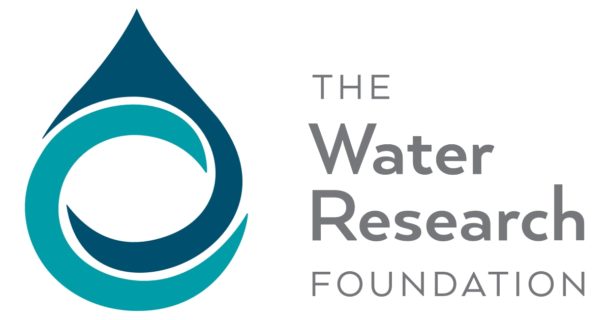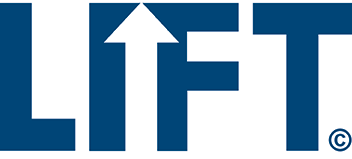The Water Environment Federation (WEF) and The Water Research Foundation have launched the fourth Intelligent Water Systems Challenge to spur the increased use of technology and data to solve some of the most difficult issues faced by the water industry. For the Intelligent Water Systems Challenge, teams assemble from utilities, engineering firms, technology companies, and Read more
Smart Water Networks Forum

The Water Environment Federation (WEF) and The Water Research Foundation have launched the fourth Intelligent Water Systems Challenge to spur the increased use of technology and data to solve some of the most difficult issues faced by the water industry.

For the Intelligent Water Systems Challenge, teams assemble from utilities, engineering firms, technology companies, and universities and then work to develop innovative solutions for specific scenarios. This year, the scenarios focus on collection systems, wastewater treatment systems, drinking water treatment systems, source water, and distribution networks. Teams must register by April 11.
A panel of water experts will evaluate submissions, identify teams for the finals, select winners at WEFTEC, WEF’s annual Technical Education and Conference held October 8-12 in New Orleans. The winning team will receive a cash award of $10,000. In addition, Xylem will be awarding $2,500 for the “Most Elegant Solution.”

The Intelligent Water Systems Challenge provides professionals and students with the unique opportunity to collaborate together and help utilities solve existing problems,” said WEF President Jamie Eichenberger. “The competition showcases the value of intelligent water systems to utilities and fosters adoption of technology that harnesses the power of data, which is critical to our sector.”
The Intelligent Water Systems Challenge is hosted by LIFT, a joint effort by WEF and The Water Research Foundation, and is also supported by the American Water Works Association, BlueTech Research, Cleveland Water Alliance, IEEE Smart Cities R&D Committee, International Society of Automation Water and Wastewater Industries Division, Smart Water Networks Forum, and The Water Council. To date, more than $80,000 in prize money has been awarded and 116 teams have participated.

Previous finalists in the competition developed solutions that had tangible impacts and improvements for the water sector. The past winners include:
- A team from Clean Water Services and Princeton University developed a soft sensor system for process control and optimization.
- A team from the City of Boulder, Colorado School of Mines, Baylor University, and Carollo Engineers developed practical considerations of operating and advancing ammonia-based aeration control.
- A team from the Great Lakes Water Authority and the University of Michigan developed a tool to maximize the use of existing collection systems and minimize combined sewer overflows in Detroit.
